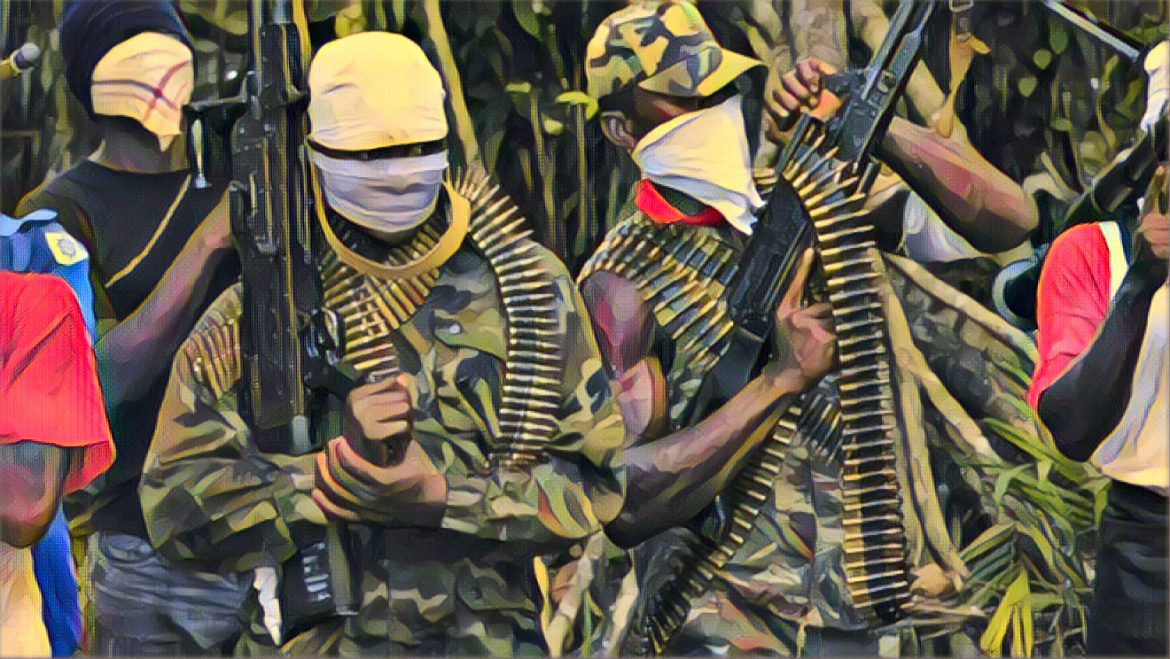In Nigeria, a disturbing trend of unchecked terrorist activities, kidnappings, and rampant criminal acts is posing a grave threat to national security and public safety. This escalating crisis, marked by the audacity of criminals to brazenly attack and hold citizens captive, is sending a dangerous and depressing signal across the country.
According to a report by The Guardian, President Bola Tinubu’s administration is now facing mounting pressure to demonstrate that it has not lost control of the situation. To affirm its grip on law and order, the government must urgently and assertively respond to these horrendous acts, ensuring the rescue of captives and the prosecution of perpetrators.
The capital city, Abuja, has been hit particularly hard, with terrorists showing a callous disregard for human life. The abductions have reached a chilling peak, with kidnappers murdering captives over ransom demands. This surge in violence is raising critical questions about the government’s capacity to protect its citizens and the potential existence of a parallel terrorist-controlled government within the nation.
Public dismay is palpable, with Nigerians and the international community looking to President Tinubu for decisive action. The current climate of fear and insecurity is seen as a reflection of the country’s failing state, challenging the APC-led federal government to prove otherwise.
The recent spate of kidnappings and killings has left the nation trembling. In Abuja, the tragic case of Nabeeha Al-Kadriyar, a student kidnapped alongside her family, highlights the severity of the crisis. The inability to meet ransom demands led to her cruel murder, a fate shared by Folasade Ariyo and others. Such incidents underscore the urgency of the situation.
The crisis is not confined to the capital. States across Nigeria, including Zamfara, Katsina, Kebbi, Enugu, and Ekiti, are witnessing a surge in terrorist attacks and criminal activities. From abducting women and children to overpowering military posts, the brazenness of these criminals knows no bounds.
This alarming situation calls into question the effectiveness of Nigeria’s security agencies. The apparent lack of proactive measures to prevent or respond to these crimes has emboldened criminals, leading to an increase in their nefarious activities.
To address this crisis, the government must prioritize the strengthening and modernization of the police force. Adequate equipment, enhanced firepower, and visible policing in every part of the country are imperative. The current state of inadequate policing and inferior firepower only serves to embolden terrorists and criminals.
Moreover, a strong collaboration among the various security agencies is crucial. The recent rivalry between the Army and the police over rescue operations highlights the need for a unified approach towards national security. The primary focus should be on the safety and well-being of the Nigerian populace, transcending any inter-agency competition.
The Tinubu administration must take decisive and immediate actions to stem the tide of this escalating security crisis. The government’s response will be a critical test of its commitment to ensuring the safety of its citizens and upholding the sovereignty of the nation. The eyes of Nigerians and the world are watching, waiting for effective measures that will restore peace and order across the country.


